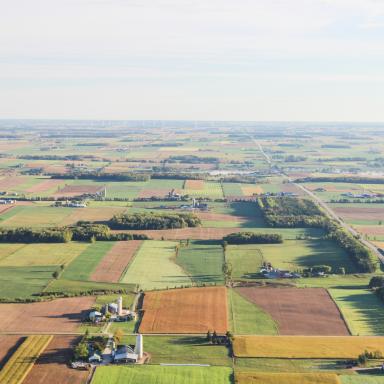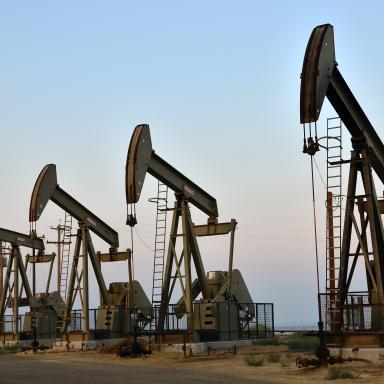Human welfare is inextricably linked to environmental conditions - even more so in communities that are heavily dependent on natural resources for their livelihoods. Understanding the social, economic, and ecological mechanisms that define the relationship between humans and their environment is crucial to ensuring the sustained welfare of people and nature. emLab’s People & Poverty program cuts across all program areas and draws focus to a core objective of emLab’s work: research to improve the lives of current and future generations, with an explicit emphasis on poverty alleviation and distributional equity. We engage with partners around the world to build an evidence base for market-based solutions that protect the planet’s most vulnerable, be they humans, ecosystems, or the atmosphere.
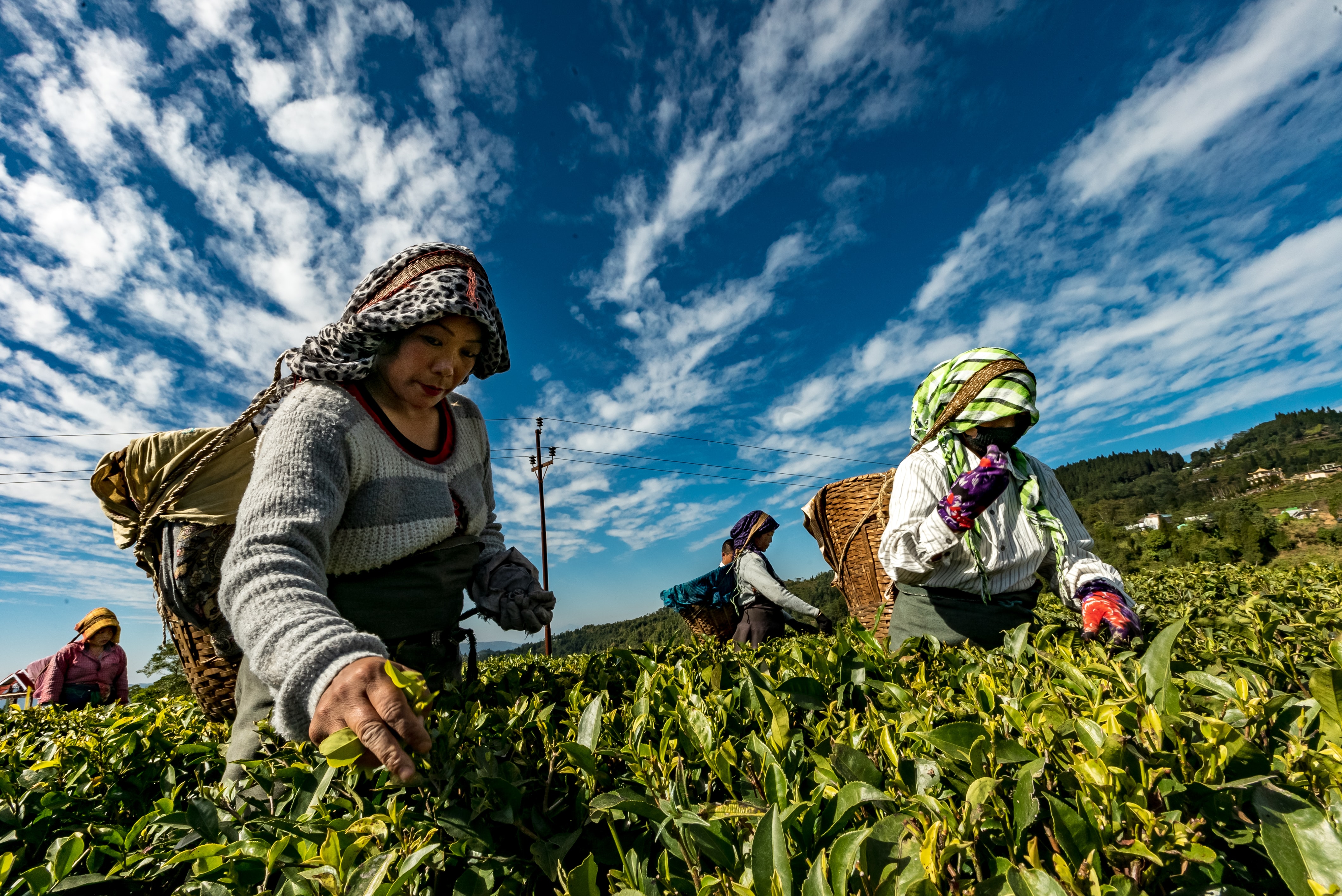
People & Poverty
Key Themes
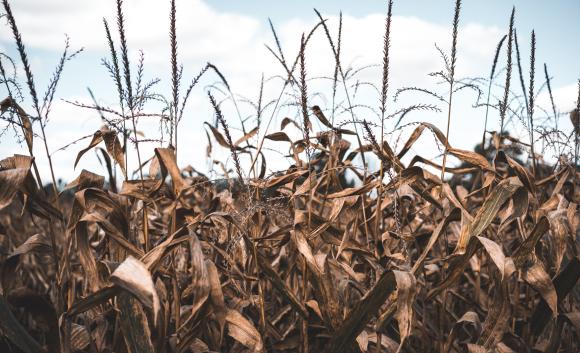
Seasonal poverty
In agricultural settings around the world, farmers experience annual “hungry seasons” when their harvest income from the previous year has been depleted. This affects their labor supply, migration decisions, and agricultural output. We explore innovative approaches to combating seasonal poverty.
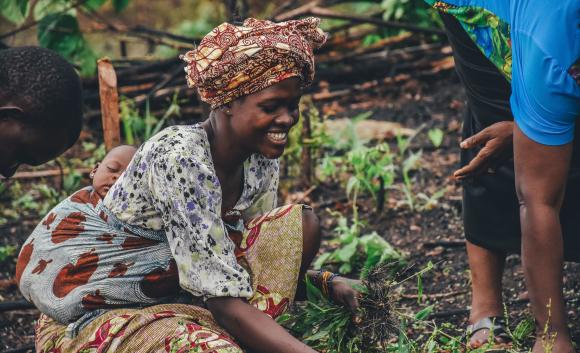
Direct payments for environmental benefits
Conditional cash transfers for environmental performance – including payments for ecosystem services – compensate households and communities for behaviors that generate environmental benefits and would otherwise be costly to implement. We investigate when, why, and how these programs work.
Related Projects
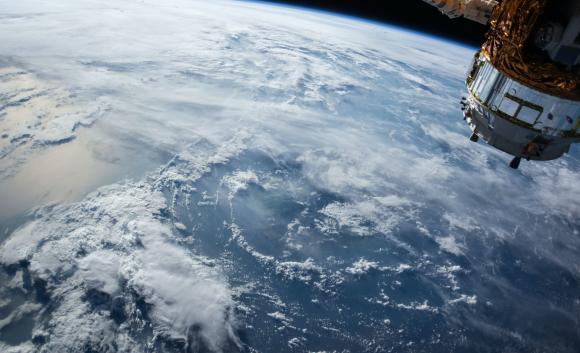
Leveraging new data sources for human welfare
Revolutionary advancements in data collection, remote sensing, and satellite imagery now enable us to track and evaluate things like land conversion, movements of vessels at sea, and the path of airborne pollutants at an extraordinarily fine scale. We leverage these tools to draw connections between human activity and environmental outcomes with the ultimate goal of improving human welfare.
Related Projects
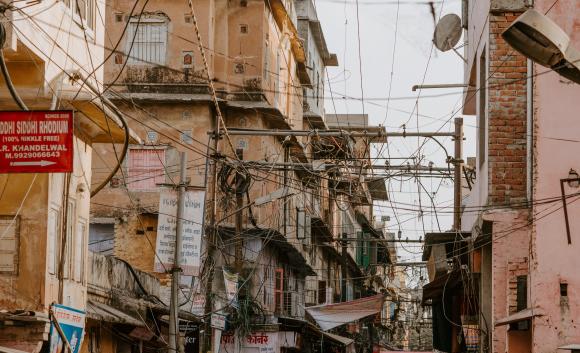
Energy access and efficiency
Low income households around the world struggle to access clean and modern energy services, but expanding access also has the potential to increase carbon emissions. emLab researchers examine how to balance access with efficient and sustainable use through research that covers a number of energy sources and countries, testing the effectiveness of policy interventions for achieving these dual goals.
Related Projects
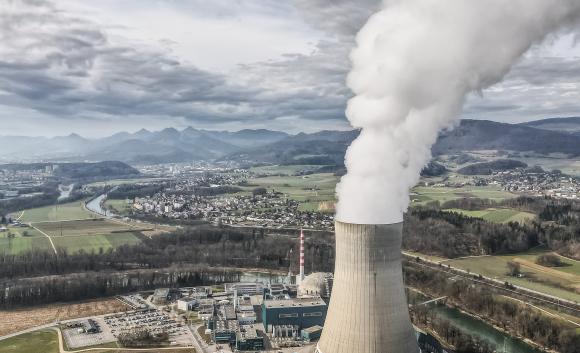
Equity and environmental justice
From identifying forced labor at sea to determining the equity implication of carbon markets, the People & Poverty program examines how the management of different environmental levers can enhance or impair environmental justice in disenfranchised communities around the world.
Related Projects
Publications
Related to
When crops fail, forests follow: Agricultural shocks and deforestation in Zambia
Ordóñez et al. 2025, PNAS
Five lessons for closing the last mile: How to make climate decision support actionable
Baylis et al. 2025, Earth's Future
Impact forecasting for humanitarianism: Opportunities and challenges
Baylis and Lentz 2025, PNAS
Investigating the performance of high-resolution subseasonal precipitation forecasts in support of food insecurity early warning
Turner et al. 2025, Environmental Research: Climate
emLab Blog: Our 2 Cents
Related to
In the News
Related to
